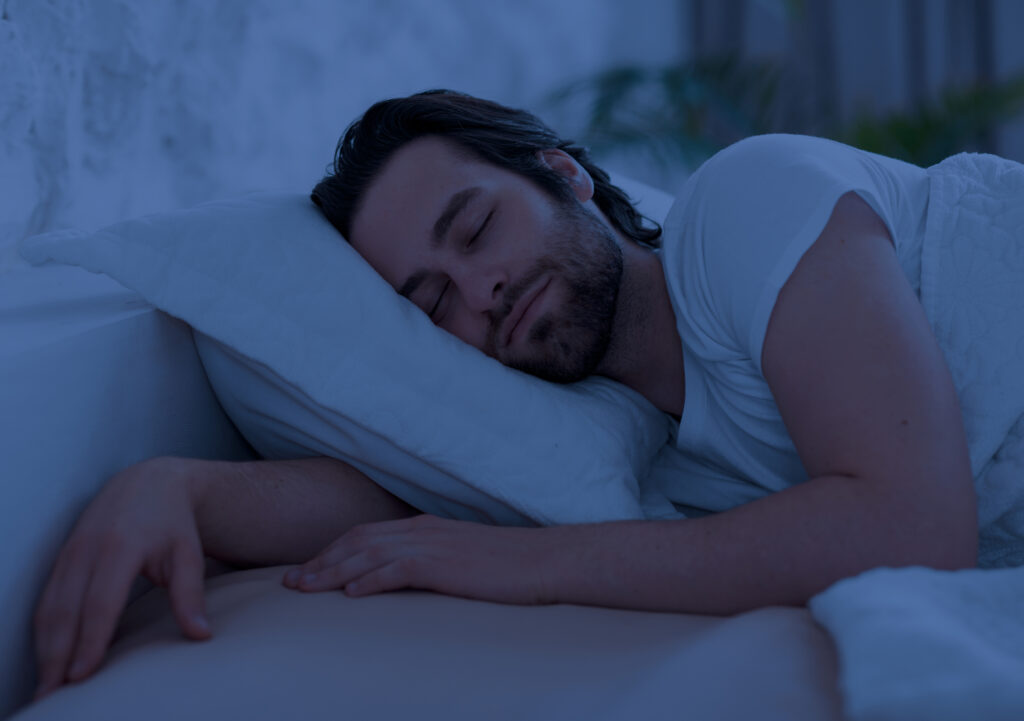Some medications can increase the risk of sleepwalking by altering brain activity during sleep. This page explores how certain prescription and over-the-counter drugs may contribute to episodes of sleepwalking, what to look out for, and when to consult your doctor.
While sleepwalking often has genetic or environmental causes, certain medications can act as triggers—especially those that affect the nervous system or sleep cycles. Knowing which drugs may pose a risk can help individuals and families take informed steps to reduce the frequency or severity of episodes.


Each person’s reaction to medication is unique. What causes sleepwalking in one individual may not affect another. Age, dosage, interactions with other drugs, and underlying sleep disorders all play a role. If you suspect your sleepwalking is medication-related, it’s essential to speak with a healthcare provider before making any changes.
Several types of medications are known to disrupt normal sleep stages or lead to confusion during arousals, both of which may result in sleepwalking episodes.
These drugs promote sleep but may also cause parasomnias like sleepwalking.
Some SSRIs and SNRIs may interfere with REM sleep, leading to complex behaviours at night.
Used for mental health conditions, they can alter sleep architecture and trigger abnormal sleep behaviors.
Often prescribed for heart conditions, they may disrupt sleep and increase nighttime awakenings.
Drugs used to treat ADHD or narcolepsy can lead to sleep disturbances and nighttime activity.
Some over-the-counter allergy medications have sedative effects that can interfere with deep sleep patterns.
DID YOU KNOW
Sleepwalking affects both children and adults, often running in families. Linked to mental health and long-term persistence, it’s more common than many realize and deserves better awareness and support.
Sleepwalkers often navigate familiar spaces without being aware.
Most episodes begin during the deepest stage of sleep.
Sleepwalking can last a few seconds—or up to 30 minutes.
It’s okay to wake a sleepwalker—they may just be a bit disoriented.
Children vs Adults
Family Connection
Experienced Doctor
Chronic Cases
EXPERTS’ POINT OF VIEW
Experts from various fields share their insights on sleepwalking, its causes, risks, and effective treatments, helping to raise awareness and improve understanding of this complex condition.
Clinical Psychologist & Sleep Researcher
Consultant Neurologist & Sleep Specialist
Sleep Medicine Specialist, Mass Eye and Ear
Clinical Psychologist & Sleep Specialist
FAQS
Explore the most common questions about how medications may be related to sleepwalking episodes.
Yes, some drugs—especially those affecting the central nervous system—can trigger or worsen sleepwalking.
Sedatives, antidepressants, and certain antihistamines are among the most commonly linked.
Never stop medication without medical guidance. Talk to your doctor to discuss safe alternatives.
Yes, especially those with diphenhydramine or other sedating ingredients.
Children may be more prone due to developing brains and different sleep cycles.
It usually stops when the medication is adjusted or discontinued, but always under supervision.
Keep a sleep diary, note when symptoms started, and consult your healthcare provider with your observations.
Stay Informed & Empowered